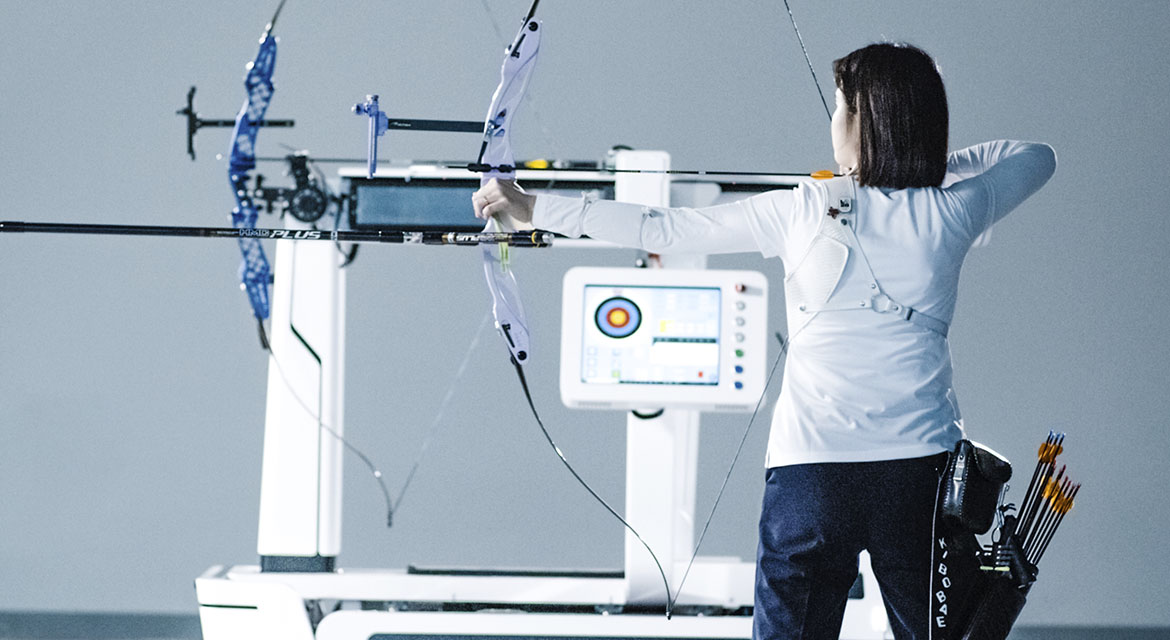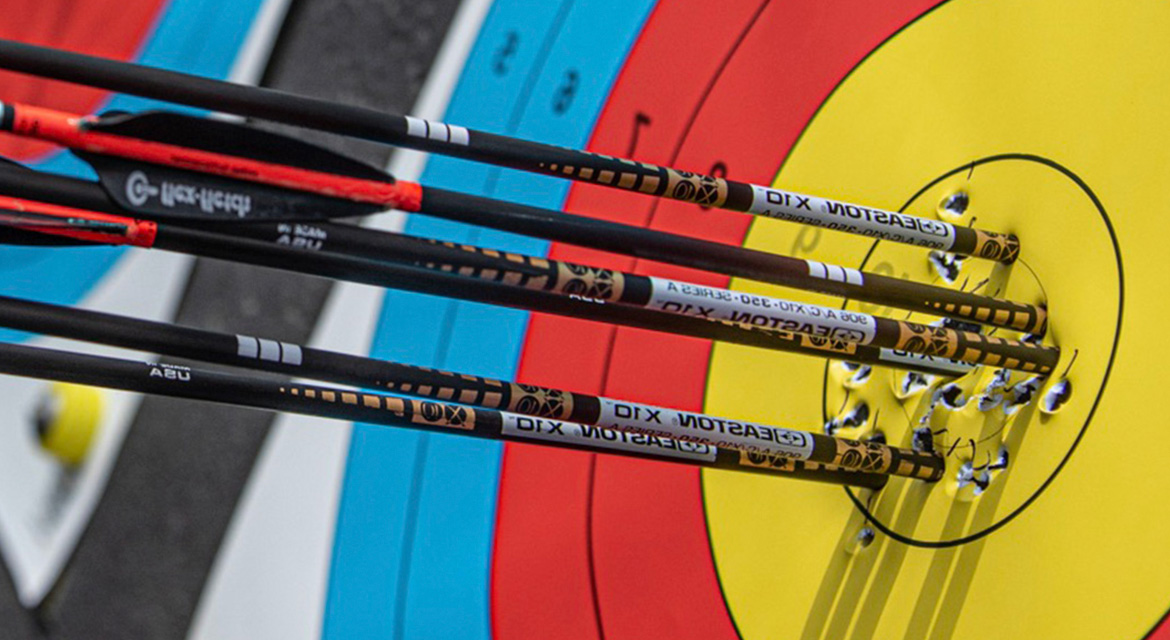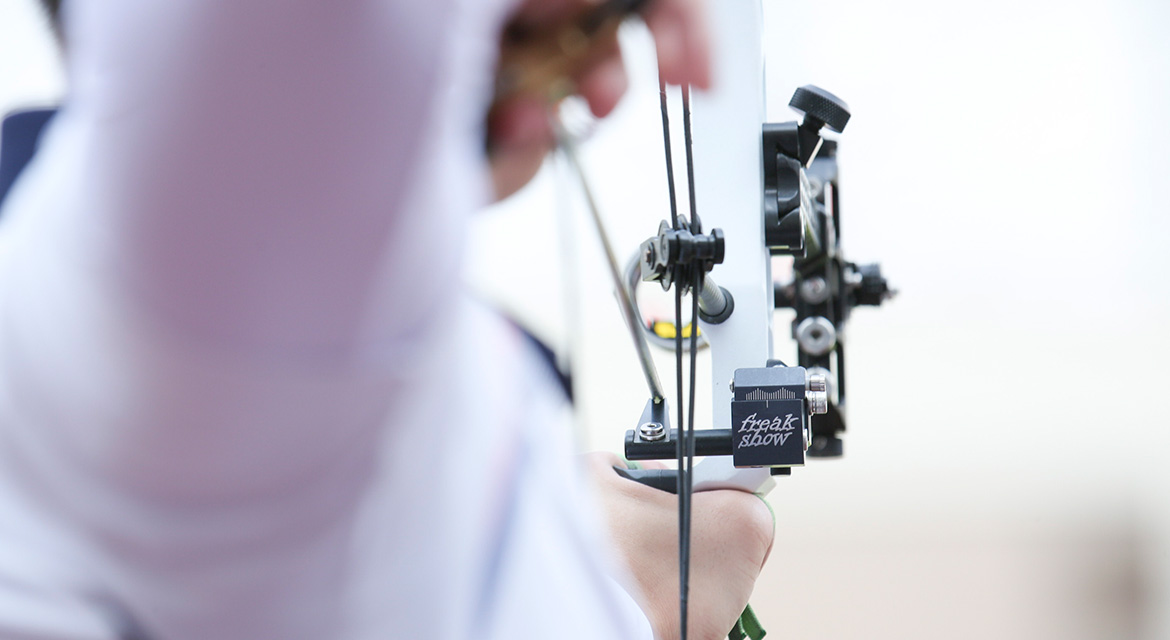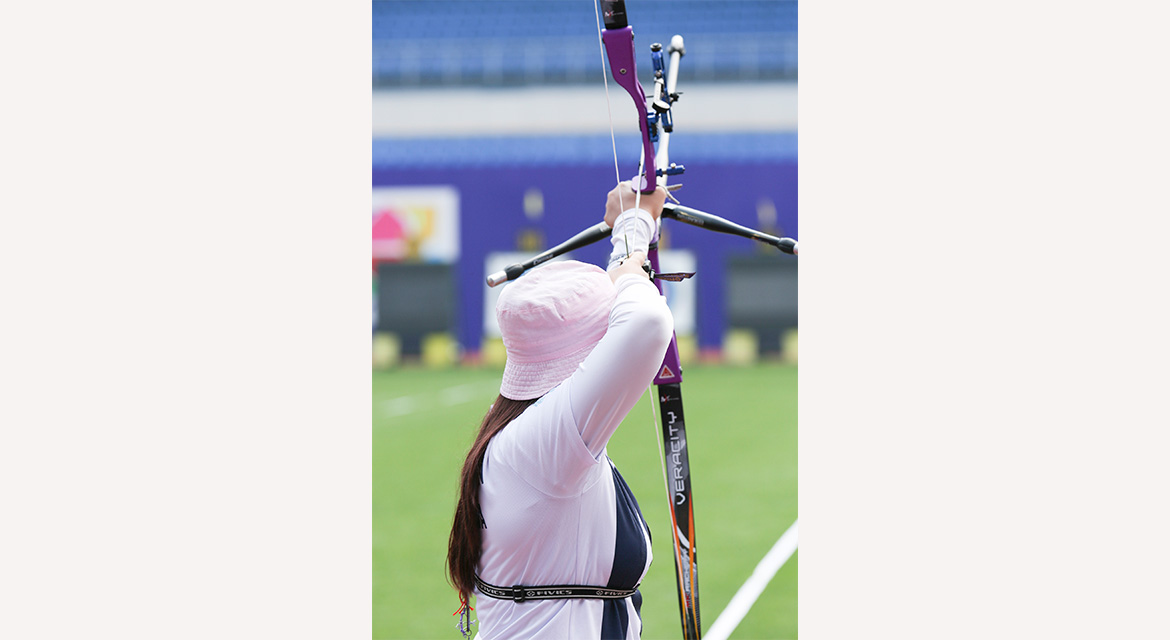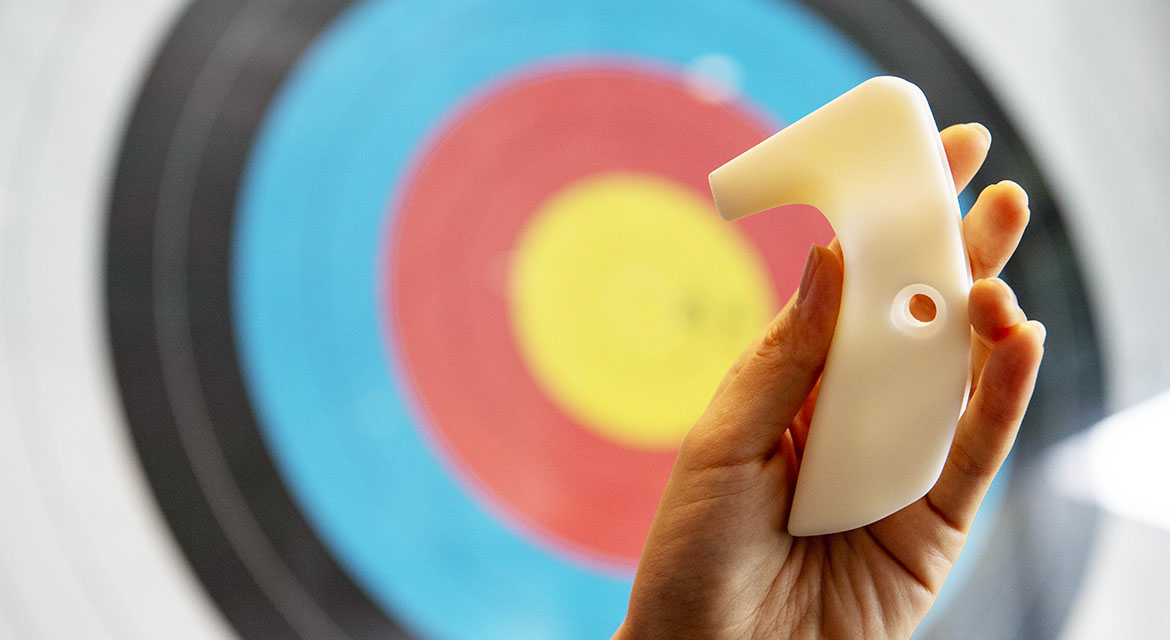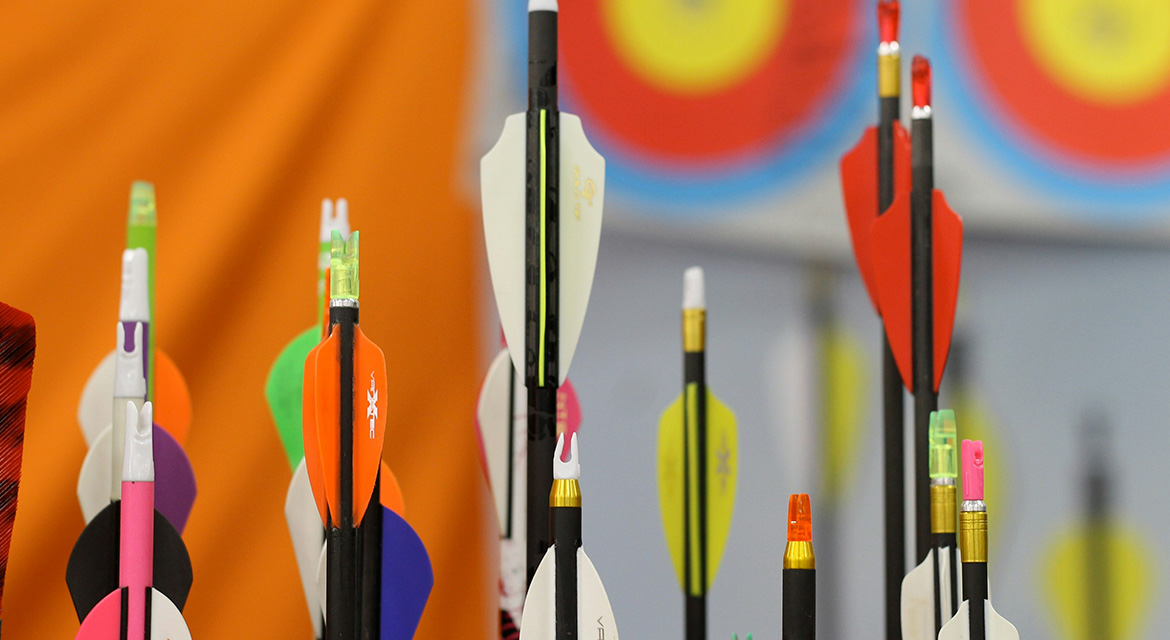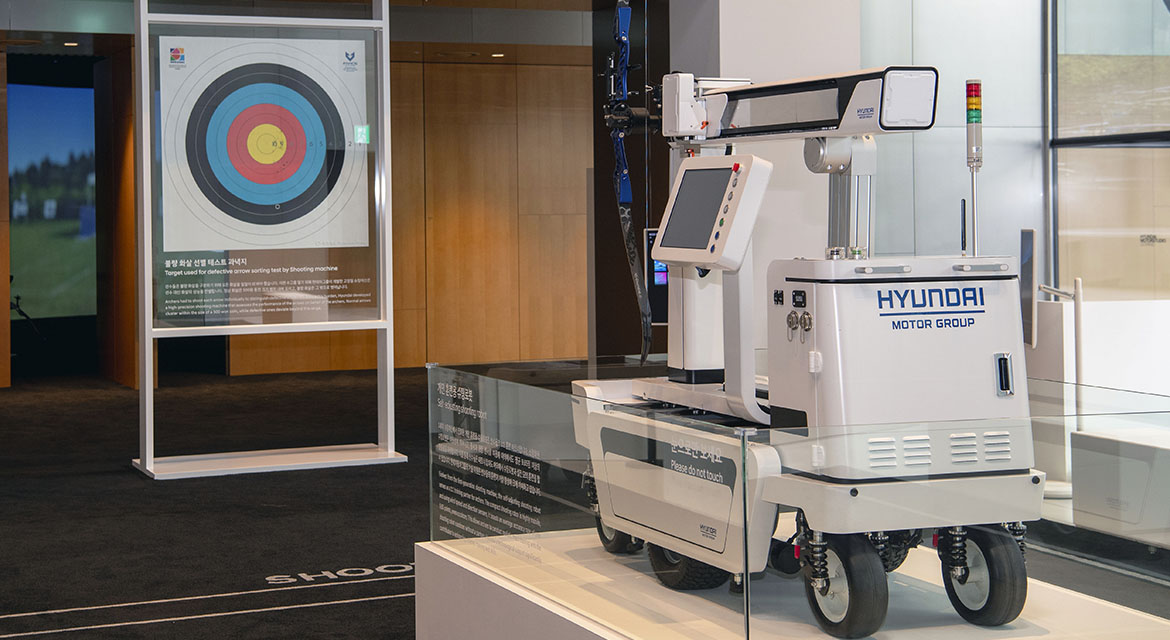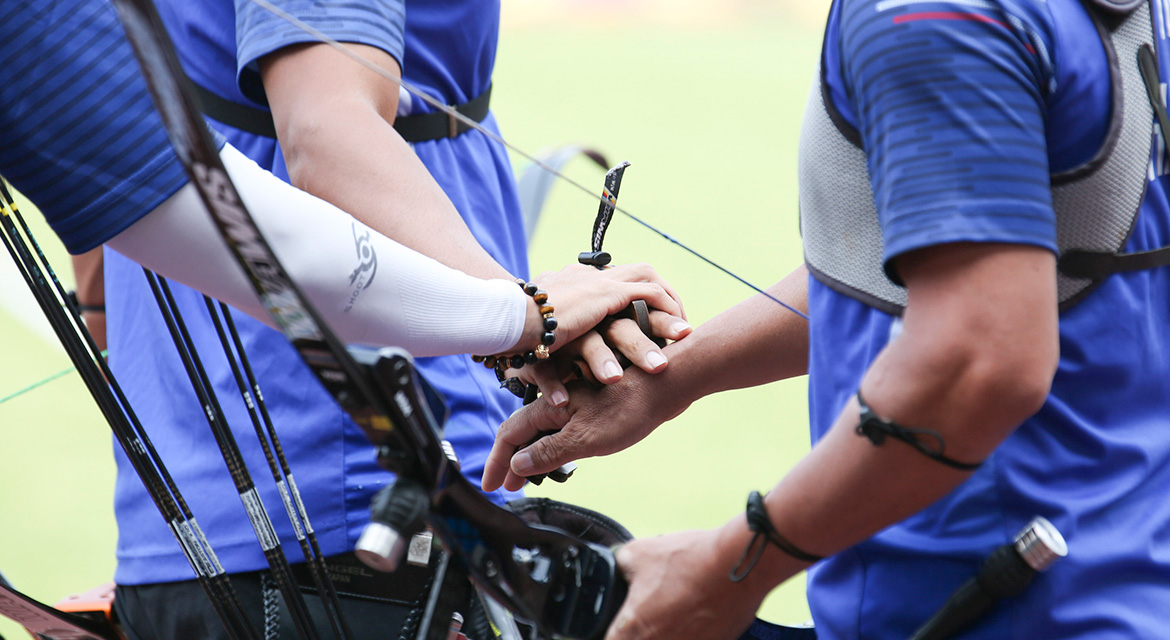Hyundai Worldwide Global Navigation
- Go to Global Distributors page
- KR
-
SearchRecommended search terms
Editorials Gold Standard: The Legacy Behind Korea’s Archery Excellence
Please use Safari to download the files.
Of all the global exports Korea has become famous for, with the world thriving on K-food, K-pop and other Korean cultural phenomena such as K-drama, you might be surprised to learn that Korea is famous for yet another factor on the international stage: archery.
Archery led Korea's charge for gold at the 2024 Paris Olympics, and with this legacy of precision, discipline and unmatched competitive success, Korea and its relationship with archery continues to shine on the global stage.
The nation’s history with the sport is rich and deep, with roots that trace back to ancient times, but it’s the modern era that truly highlights Korea’s dominance and innovation in archery.
Archery is more than just a sport in Korea; it holds great cultural significance. Known as gungdo (궁도) or gungsul (궁술), it’s grounded in history and tradition, which underpins its popularity and the dedication of those who compete.
In Korean history, archery was a critical element practiced by Hwarang (화랑), or ‘the Flower Knights'. This elite group of young male warriors selected from aristocratic families dates back to the Silla (신라) Dynasty in the mid-6th century.
Plucked from nobility, these candidates underwent rigorous martial arts training with a particular focus on mastering archery from horseback, which was crucial to their military success. The qualities of precision, devotion and dedication to the task were key to making it as part of the Flower Knights.
These abilities remain true in modern archery, and the Flower Knights’ legacy even endures in modern Korean martial arts and popular culture, highlighted by the 2016 K-drama ‘Hwarang: The Poet Warrior Youth’, blending skill, ethical conduct and cultural refinement.
From a history linked to nobility, the shape of Korean archery morphed over centuries and into the modern era, with Bong Guen Seok (석봉근) influential in the reintroduction of archery as a sport in Korea back in 1959.
Seok found an old discarded bow in a local market and started an archery class for a group of students. One of those students was Jin Ho Kim (김진호), who would go on to win Korea’s first gold medal in archery at the 1978 Bangkok Asian Games.
Today, Korea boasts a fiercely competitive domestic archery circuit, which is key to the development and honing of archers’ skills. National competitions organized by the Korea Archery Association (KAA) offer a platform for archers to test their abilities against the best in the country, with the competitive environment pushing continuous improvement and a will to strive for excellence.
Events such as the Korea Archery University Federation competitions showcase emerging talent and provide valuable experience for young archers, with the incredibly high standards at home ensuring Korean archers are well prepared for international competition.
The international success of Korean archers is testament to the effectiveness of the country’s training methods and support system – archers even train in a full soccer stadium to simulate the high-pressure environment of competition, with chanting crowds and lots of distractions.
These methods deliver success. Most recently, at the 2023 World Archery Championships in Paris, Korea secured four out of five gold medals in recurve (a type of bow) events, showcasing Korean archers’ continuing excellence in the sport.
Today, top archers such as Woo-jin Kim (김우진) and Woo-seok Lee (이우석) are inspiring the next generation of hopefuls, ensuring that Korea’s success in archery will continue.
Korean archers have consistently shone on the biggest stage, with the country recording an impressive haul of medals and an Olympic tally of 27 (including 23 golds). This extraordinary success has cemented its status as a leading nation in Olympic archery.
Korea’s first Olympic archery gold came at the 1984 Los Angeles games, with Hyang-soon Seo (서향순) taking victory, marking the beginning of, quite literally, a golden era.
As Korean archers have dominated both individual and team events, often sweeping the podium, their precision and focus under immense pressure on the biggest stage are a modern metaphor for Korean culture.
KAA’s ‘equal opportunity’ principle has been key to this success, especially the women’s team, which is undefeated after 33 years. This approach sees the cream rise to the top, with only the most skilled archers selected, regardless of background.
The rigorous selection process has driven the emergence of new talents, as seen at the 2020 Tokyo Olympics, where rookies Chae-young Kang (강채영), Min-hee Jang (장민희) and San An (안산) won gold in the women’s team event. High school student Je-deok Kim (김제덕) was even chosen for the mixed team event over seasoned Olympic champions, highlighting KAA’s focus on performance rather than reputation.
Systematic and exhaustively thorough training programs often begin from a young age. Schools and universities in Korea integrate archery into their curricula, enabling students to balance study with intensive training.
Korean archers benefit from cutting-edge scientific and technological advancements, with high-speed cameras and biomechanical analysis employed to optimize performance and minimize injury. Data analytics on arrow flight and shooting patterns allow for precise coaching insights and adjustments, while innovative Korean companies provide state-of-the-art equipment.
Hyundai is no stranger to the sport either, providing R&D input to assist the Korean national team. The brand has integrated automotive technology into archery with the development of:
These innovative technologies have helped enhance athlete performance and enabled competitors – including those with disabilities – to compete at their best.
It’s just one element of a long-standing relationship between Hyundai and archery – initiated by Hyundai Motor Group Honorary Chairman Mong-Koo Chung – that has elevated Korea’s global standing in the sport. It’s underscored by the Hyundai Archery World Cup, an elite tournament now in its 18th season.
Under Executive Chair Euisun Chung, Hyundai has been a steadfast supporter of the sport. As president of the KAA since 2005, Chung has promoted advanced training and international exchanges; Korean archery’s success is driven not only by individual talent but also by support from those who share the values needed to achieve.
Hyundai’s partnership with the World Archery Federation reflects this dedication. Alongside the determination to succeed, the quest for continual progress and the respect for heritage, these attributes that unite Korean archery are the same qualities that underpin Hyundai and its values.
Editor. Sean Carson
sean.carson@hyundai.com
Global PR Strategy & Planning · Hyundai Motor Company
Disclaimer: Hyundai Motor Group believes the information contained herein to be accurate at the time of release. However, the company may upload new or updated information if required and assumes that it is not liable for the accuracy of any information interpreted and used by the reader.
About Hyundai Motor Group
Hyundai Motor Group is a global enterprise that has created a value chain based on mobility, steel and construction, as well as logistics, finance, IT and service. With about 250,000 employees worldwide, the Group’s mobility brands include Hyundai, Kia and Genesis. Armed with creative thinking, cooperative communication and the will to take on any challenges, we strive to create a better future for all.
More information about Hyundai Motor and its products can be found at:
http://www.hyundaimotorgroup.com or Newsroom: Media Hub by Hyundai , Kia Global Media Center (kianewscenter.com) , Genesis Global Newsroom
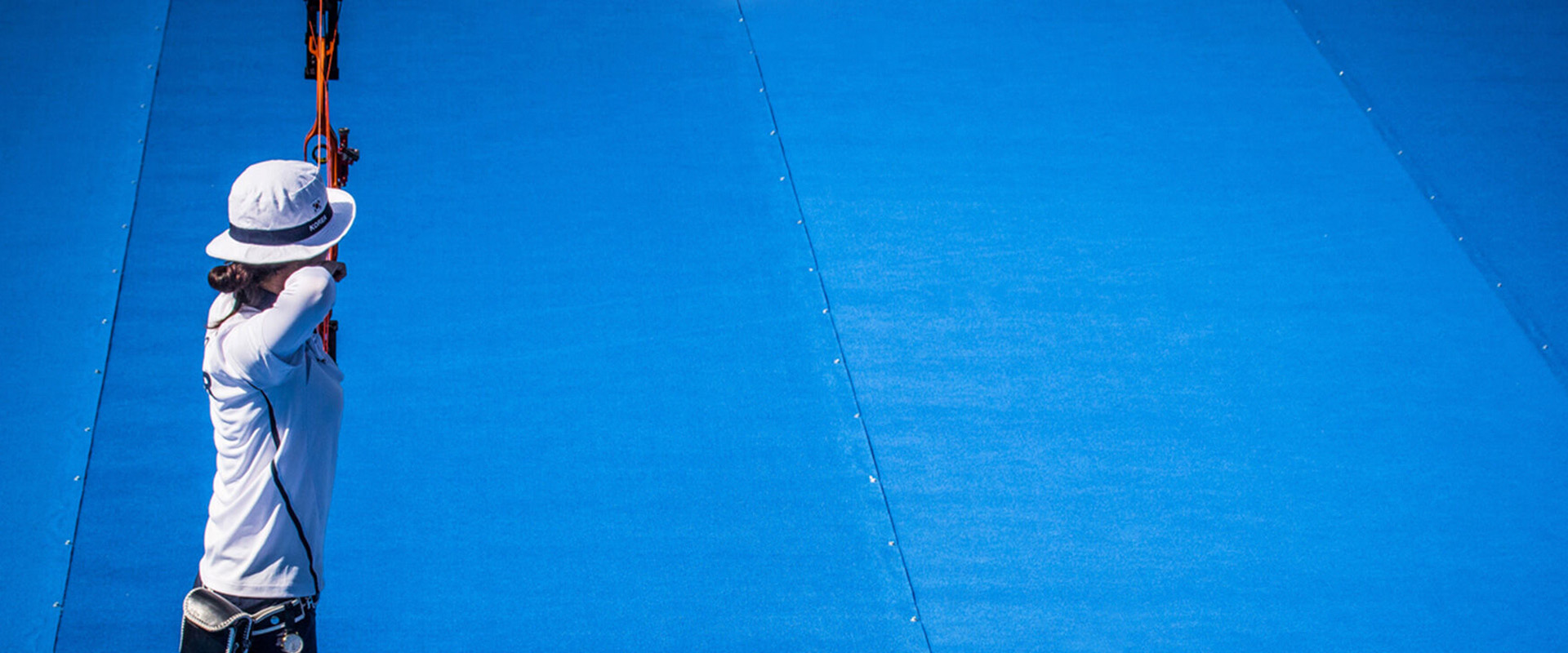
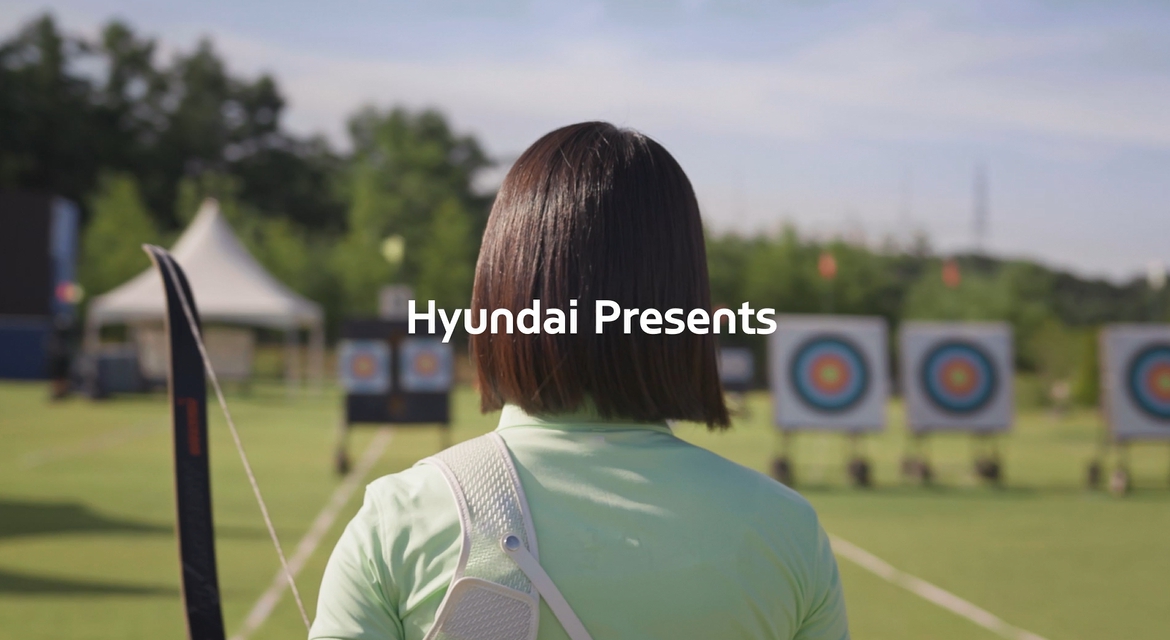 MP4 33.2 MB
MP4 33.2 MB
